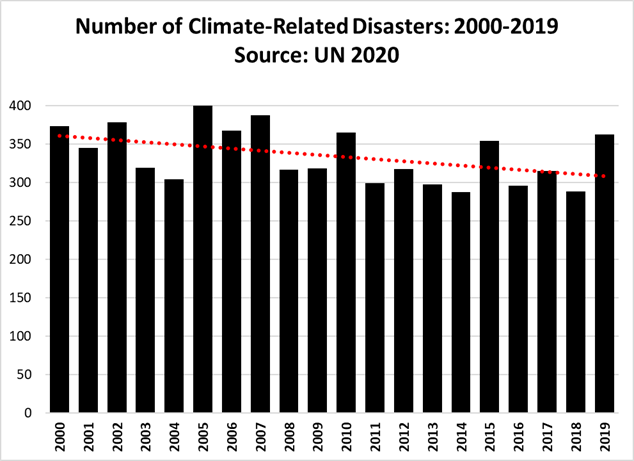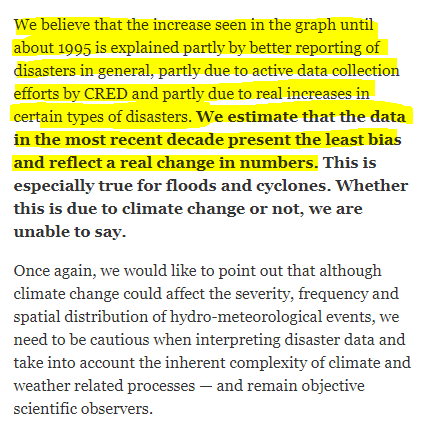
I'm still amazed that we are using college football players as study subjects & (apparently) ignoring research ethics and corporate research protocols applied everywhere else on campus
10news.com/news/local-new…
10news.com/news/local-new…

OK, I'll ask
What happens if we find out that the answer to the research question posed below is, no or not much?
Do we say, "well at least we got some games in, thanks for participating in our study"
pac-12.com/article/2020/0…
What happens if we find out that the answer to the research question posed below is, no or not much?
Do we say, "well at least we got some games in, thanks for participating in our study"
pac-12.com/article/2020/0…

I get it that universities (and Athletic departments) don't like these sorts of questions
But it is obvious that Quidel views PAC-12 football as a clinical experiment to perfect tests in order to secure FDA approval of their proprietary technology
cnbc.com/video/2020/09/…
But it is obvious that Quidel views PAC-12 football as a clinical experiment to perfect tests in order to secure FDA approval of their proprietary technology
cnbc.com/video/2020/09/…
Given our country's history of placing black men (in particular) in risky health situations in order to further research, I'd be real queasy as a university administrator using college football players as study subjects, especially to help a company bring a product to market
BTW, Quidel market cap is up by about $5 billion (almost doubling) since it announced its research partnership with the PAC-12, using athletes as human subjects in a "clinical trial"
College athletes helping to make lots of folks rich, and not just in sport
College athletes helping to make lots of folks rich, and not just in sport
Yes, these are tough, technical, uncomfortable questions that don't get you invited to Christmas parties and such
That's OK, we need to keep asking them
It is simply not right to use college football players as study subjects
That's my view and I'm sticking with it
/END
That's OK, we need to keep asking them
It is simply not right to use college football players as study subjects
That's my view and I'm sticking with it
/END
• • •
Missing some Tweet in this thread? You can try to
force a refresh













